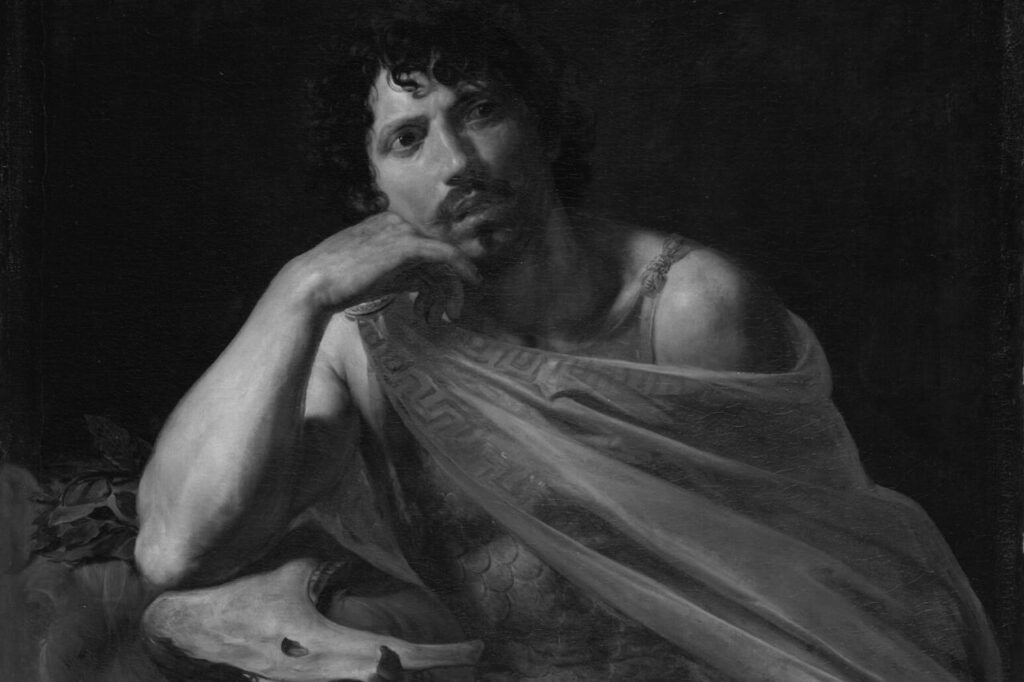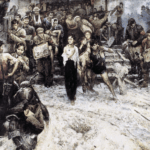Is Nezha a Tragic Hero? An Aristotelian and Western Perspective
The legend of Nezha, the rebellious deity of Chinese mythology, raises compelling questions about fate, free will, and tragic heroism. This article examines whether Nezha aligns with the Aristotelian definition of a tragic hero—a noble figure undone by a fatal flaw—while also exploring how his struggle reflects Western philosophical debates on destiny versus autonomy. Can Nezha’s defiance be seen as triumph or tragedy?
Nezha and the Tragic Hero Archetype
According to Aristotle, a tragic hero is a figure of high status whose downfall stems from a hamartia—a critical error or flaw. Nezha, a divine prince born with supernatural abilities, fits this mold in many ways. His impulsive and defiant nature leads to catastrophic consequences, including his battle with the Dragon Kings and his eventual self-sacrifice. Unlike Western tragic heroes, however, Nezha’s fate is intertwined with cosmic forces, making his struggle less about personal failure and more about challenging a predestined order.
Nezha’s story also subverts the Aristotelian model in key ways:
- His hamartia is not purely a personal failing—his rebellion is often morally justified, challenging tyrannical forces.
- He experiences a resurrection, breaking the tragic hero’s traditional irreversible downfall.
- The cosmic nature of his battle blurs the line between fate and free will.
Fate vs. Free Will in Nezha’s Rebellion
Western tragedy often emphasizes the tension between destiny and choice, where characters struggle against an inescapable doom. Nezha’s defiance—particularly his suicide and subsequent rebirth—reflects a unique interplay between predestination and autonomy. While his actions seem to challenge fate, his eventual deification suggests his rebellion was part of a greater cosmic design. This duality echoes themes in Greek tragedies like Oedipus Rex, yet differs in its resolution.
Nezha’s story reframes the question: Can rebellion against fate ever truly be free? His journey suggests that even defiance may serve a higher order, complicating Western notions of absolute free will. His ultimate transcendence—unlike the irreversible fates of figures like Hamlet or Macbeth—offers a distinctively Eastern perspective on tragedy, where suffering leads to enlightenment rather than annihilation.
Conclusion: Nezha as a Hero Beyond Western Tragedy
Nezha’s tale blurs the boundaries between Western tragedy and Eastern myth. While he embodies some Aristotelian traits—noble stature, a fatal flaw, and a dramatic downfall—his resurrection and divine ascension defy classical tragic endings. His struggle with fate underscores a philosophical divergence: where Western tragedy often sees free will as doomed, Nezha’s story suggests rebellion itself can be a path to transcendence. Nezha is not just a tragic hero—he is a symbol of defiance and rebirth, offering a unique lens on destiny and human agency.

